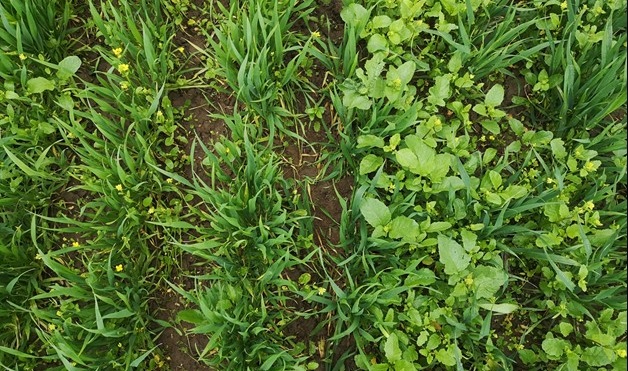Farming smarter: Project targets weeds through crop genetics

Farmers and growers could soon have a new weapon against weeds—wheat varieties bred to outgrow them, thanks to new research.
A major research project is being launched by AHDB to better understand how certain winter wheat traits can naturally suppress weeds – particularly in organic and low-input farming systems.
The initiative aims to support cereal and oilseed growers in moving away from heavy reliance on herbicides, instead focusing on more sustainable, environmentally friendly weed management practices.
The project stems from insights gathered during the 2022/23 review of AHDB’s Recommended Lists (RL), where levy payers highlighted the need for cereal varieties that are more competitive against grass weeds.
Research increasingly shows that choosing competitive crop varieties can help suppress weed growth, reducing both chemical input and long-term weed pressure.
This new three-year study – running from June 2025 to December 2027 – will work to identify the specific traits that make certain winter wheat varieties more effective at outcompeting weeds.
These findings will help guide both farmers and plant breeders in variety selection and development.
Delivered in partnership with RSK ADAS Ltd, Cope Seeds (UK) Limited, the Organic Research Centre (ORC), and UK Grain Lab, the project will carry out a series of on-farm trials across the UK.
These trials will focus on both organic and low-input systems, generating robust, real-world data on how different traits affect weed competitiveness.
The results will feed into AHDB’s wider crop physiology dataset, helping to enhance the guidance available through the RL and strengthen long-term integrated weed management strategies.
Henny Lowth, senior knowledge transfer manager at AHDB, said: “We know that managing weeds without chemicals is a key challenge for growers in low-input and organic systems.
"This project represents a major step toward providing clear, evidence-based guidance on how variety choice can support integrated weed management.
"We’re excited to be working with our partners and the farming community to deliver meaningful, field-tested results.”








